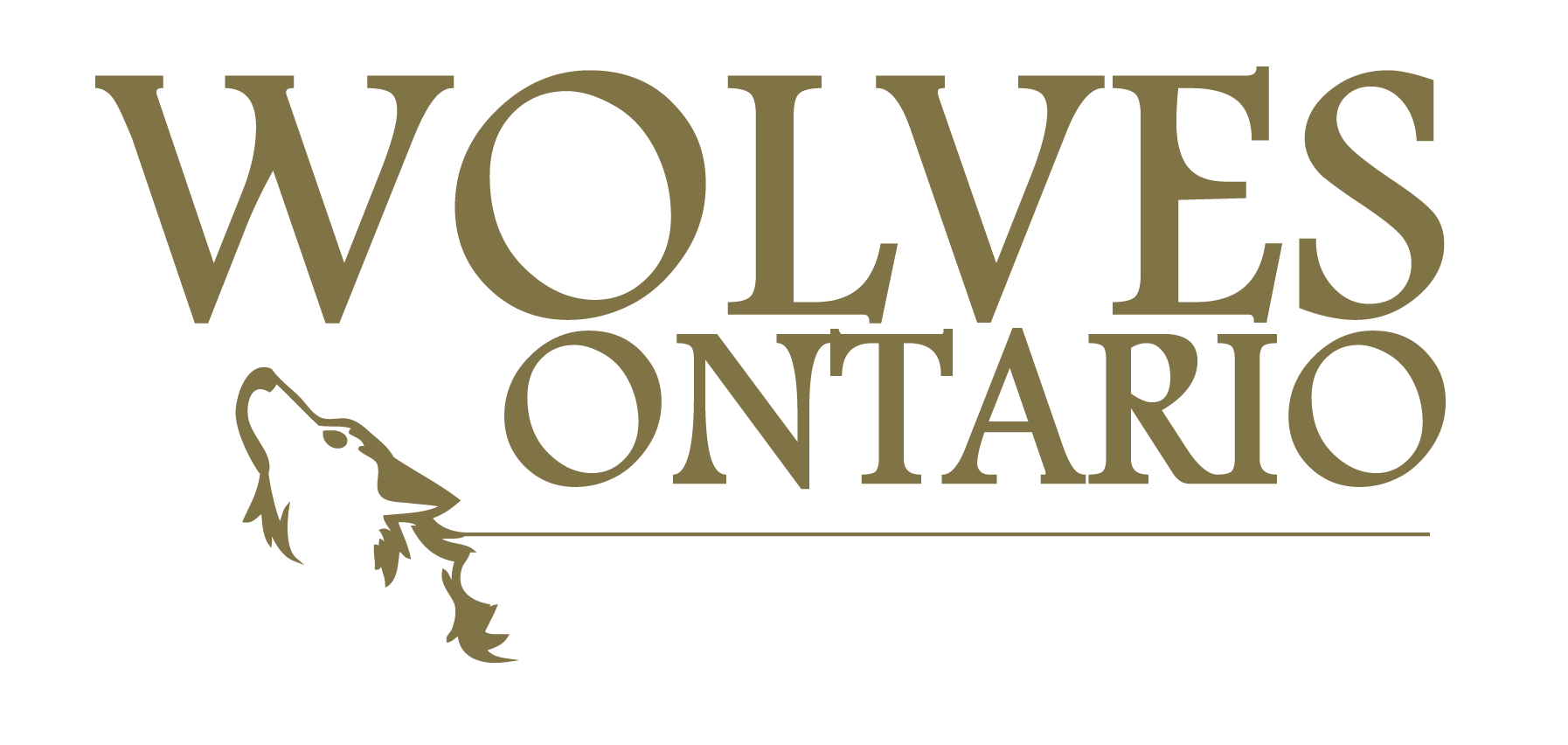Feeding Wildlife – Never A Good Idea
There’s a reason the phrase “a fed bear is a dead bear” has become part of our lexicon. More than just bears, all wildlife can become food-conditioned when presented with a tasty reward. Whether it’s camp food dumped in a fire pit while you’re packing up to leave, garbage bags on the side of the road long before pick-up, or trail mix being handed out a window in order to get a close-up photo of a wild animal, feeding almost always ends badly for the wildlife.
Most wildlife is wary of people. This strategy helps to keep them safe. It also makes us more excited when we get the rare chance to see and observe a wild animal going about its normal activities. There’s never been a time that I’ve driven through Algonquin Park’s highway 60 corridor and not spotted at least a few cars on the side of the road watching a moose eating in a marsh, or a turtle making its slow, annual trek to a nest site to lay its clutch of eggs.
The most rewarding observations for us are the ones where we get more than a split second to watch them. Despite spending many hours tracking wolves for research, I’ve only actually seen an Algonquin wolf once – as I was driving, it darted across the road and disappeared after a quick glance in my direction that seemed to stop time.
I still remember that feeling that I was left with. I think of it every time I talk to someone about wildlife they’ve encountered. Most of the time, people are telling me about wildlife they spotted unexpectedly. Sometimes, though, I listen to stories of people watching people watching wildlife. These days, the thrill of wildlife-watching seems to be dampened if not shared on social media, and so people become increasingly bold, approaching a moose or a bear or a fox more and more closely to get just the right selfie.
Bold. That’s a word I hear much more often in reference to wildlife, rather than people. That, or aggressive. If I asked the person feeding wildlife that someone else has labelled bold, I would hear words like friendly, tame, cute or magnificent. The interpretation is our own, skewed by our own feelings of security or excitement. One person is happy for a wolf to come close enough to take food right from their hand. The next person feels threatened when the wolf goes to do the same thing to them expecting a similar food reward, when all the person wanted was a photo from their car window. Biologically, that animal has learned that people provide food, and that food is easier to come by than hunting for itself. Why not wait around for the next person to safely feed it rather than go back to the woods and look for a moose?
An animal is food-conditioned when it expects all people will feed it. It might try harder for food, prompting the person to understand what it’s supposed to be doing. Eventually someone will call the police or the park warden. Or maybe the wolf is struck and killed while it’s waiting on the road for oncoming traffic to stop and hand out some food. These situations escalate to a point where both people and wildlife are put in dangerous situations.
At this point you might be thinking, “What kind of person shares their lunch with a bear or a wolf?” What we all need to remember is that feeding wildlife comes in all shapes and forms. We may not even know who is eating the leftovers from our campsite or bird feeder. Our impact on wildlife usually goes unnoticed until something goes badly wrong.
For anyone who would never knowingly put wildlife in danger, but believes we can reverse the environmental damage humans do by feeding wildlife to help make their lives a little easier, please think carefully the next time you feel compelled to leave food out. Wild animals that are not ill or badly injured are perfectly able to forage for themselves – this is what keeps them safe in a world where human encroachment on the environment continues at an alarming rate. If an animal is in poor condition, you should call the relevant authorities, rehabilitators, animal control, or contact us to ensure the animal gets the help it needs. Everyone needs to understand that they are not helping wild animals by feeding them. Let’s keep wildlife wild for their sake and for ours!
